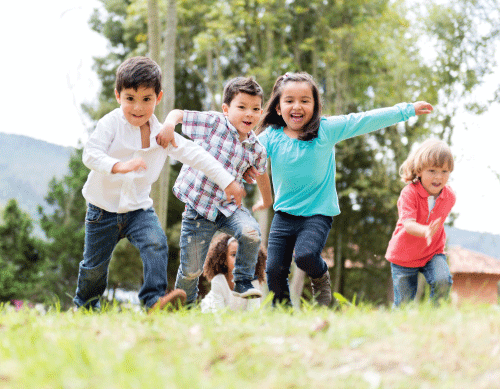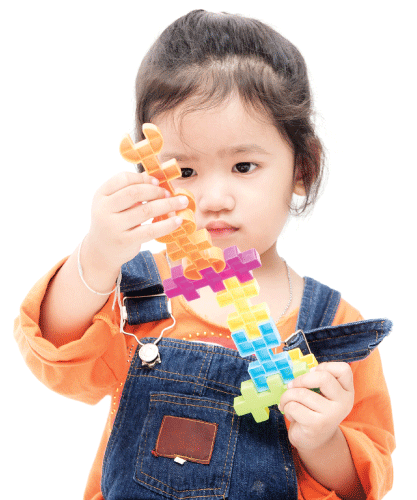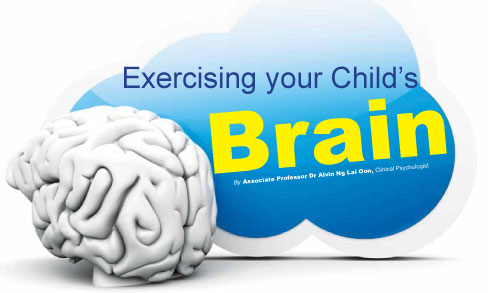The sum makes up the whole
There is no doubting the importance of nutrition. However, on its own, nutrition does not necessarily improve cognition per se. It is necessary to facilitate mental stimulation to develop cognitive capabilities. Most of the focus for brain development is on mental stimulation, but this does not mean that you should rule out the importance of physical stimulation.
However, it is important to note that in order for your child to grow up to become a successful adult, it is more than just memory, knowledge and attention for him to develop into a successful adult. He needs to develop every part of his cognitive abilities to survive school and beyond.
Cognitive abilities include not just memory and intelligence, but also many components that are closely linked such as attention, concentration and focus, perception, information processing, creativity, lateral thinking, decision-making abilities, problem-solving, and more complex adaptive skills such as language processing, social understanding and sensory coordination.
Exercise helps cognitive abilities to develop
Given the wide range of cognitive abilities, many exercises are needed to strengthen the brain’s processing with the aim to produce individuals with adequate adaptive behaviour skills to continue surviving life. These include communication skills, daily living skills, socialisation, and motor movement skills.

Benefits of brain exercises go beyond better memory. Holistic brain exercises should see adaptive outcomes such as improved perceptive skills, efficient information processing skills, fluid adaptation ability in learning due to creativity and problemsolving superiority, as well as successful socialization skills given adequate emotional understanding and regulation with effective functional communication.
Incorporating exercises into your family life
Incorporating exercises into family life would basically include the entire family being involved in doing the exercises, especially with the parents modelling them to their children.
It is important for the exercises to be carried out in casual and fun manner so as to associate doing them with pleasant feelings and energetic displays that promote motivation, curiosity and continued interest. Provide intermittent challenges throughout the day and also vicarious learning instances according to existing family routines. These instances are impromptu opportunities to teach – with daily life examples supported by what can be learnt at school or books or TV, that also increase the likelihood of success in your child to show his or her ability to perform on the tasks. Successes breed opportunities to celebrate, thus strengthening the association of cognitive tasks with pleasant outcomes, leading to even more motivation to explore more exercises.
The magnificent brain
The brain is malleable and is used for more than just memory for knowledge. The brain is best used for increasing capacity for problem-solving, creativity and decision-making with regard to adaptation throughout the child’s development and into adulthood.
It is much more important to develop the brain/ cognitive abilities in a holistic way with the focus beyond schooling and academic excellence.

Cognitive abilities should be developed with respect to applied adaptive behaviours, skills in language and communication, personal care, household familiarity, community awareness, socialisation, play, emotional regulation and coping, as well as fine and gross motor movements.
Don’t just look at only nutritional factors or educational factors in brain development. Physical activity and movements help build neurological pathways that facilitate cognitive development, as such; wideranging physical activities that stimulate various parts of the brain will enhance cognitive development. So don’t just get your children to be reading books, completing homework, doing fancy exercises on the tablet PC and other academicbased activities – ensure they socialise, converse, play, explore new activities in-and-outdoors, and engage in physical activities such as sports, physical games, explore new places – urban, suburban, rural and green lungs.



Comments